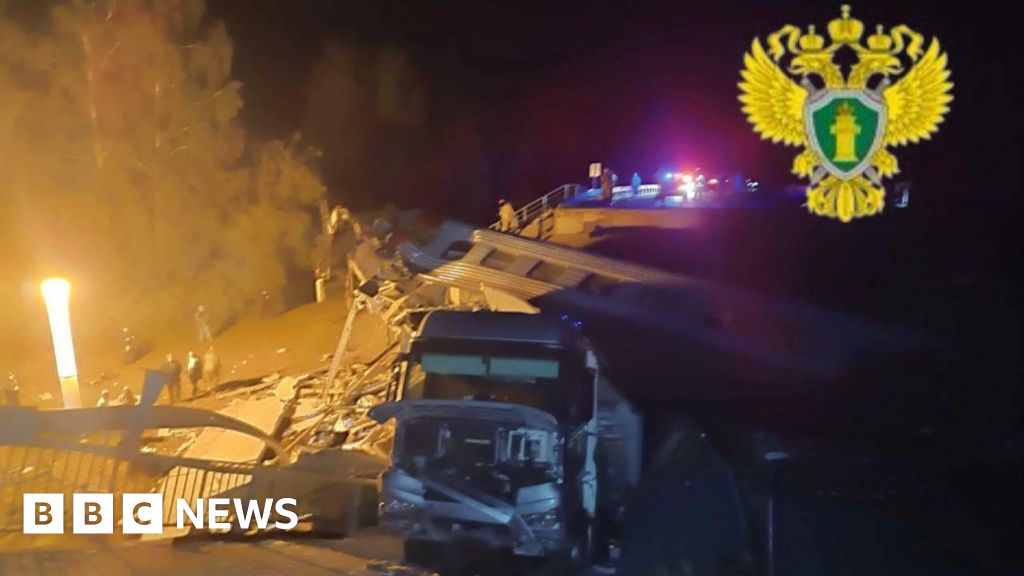- Innovation
Should you use a home equity loan to remodel or renovate your home?
时间:2010-12-5 17:23:32 作者:Banking 来源:Life 查看: 评论:0内容摘要:The debate over Google’s fate also has pulled in opinions from Apple, mobile app developers, legal scholars and startups.The debate over Google’s fate also has pulled in opinions from Apple, mobile app developers, legal scholars and startups.
Whenever she and her brother tried to question the church’s teachings, the others would not hear a word against it, she told Al Jazeera.“They would argue that we were ‘anti-Christ’ and that their church was the only sacred and holy way to heaven,” she said.

“Months later, I heard from my brother that they had sold the family’s property and were going to live inside the church after ditching earthly possessions.“We tried to reach them but were blocked by their leader. My husband broke the news to me one morning after a year that they had been found inside the forest and they were dead and buried.”After their deaths, they were buried in mass graves within the Shakahola Forest where the church was located. Upon discovery, following a tip from the local media, the police launched an operation to cordon off the area so they could exhume the bodies, test for DNA, and return the deceased to their relatives for proper burial.

They later arrested the church leader, McKenzie, and charged him with the murder of 191 people, child torture, and “terrorism”. He and several other co-accused remain in police custody, pending sentencing.Unlike Shakahola, the Migori church allowed its followers to work, eat and run businesses in the nearby Opapo and Rongo towns. But like Shakahola, it also kept them living apart from the rest of society, barred them from accessing school, marriage and medical care, and severely punished supposed transgressions, according to locals who heard and witnessed violent beatings and fights inside the compound.

In many societies, religious leaders are widely respected and trusted, and they often influence beliefs and actions in the private and public spheres, explained Fathima Azmiya Badurdee, a postdoctoral researcher in the faculty of Religion, Culture and Society at the University of Groningen in the Netherlands.
“People are in search of ‘hope’ in the daily issues they confront. Religious leaders are pivotal in this role in providing hope to sustain their futures … or even in life after death,” she explained.One of the biggest suppliers of Lego, which is readily sold on Russian online markets such as Ozon despite officially leaving the country, is a company registered in Poland, Bilax.
When approached by an Al Jazeera journalist posing as a customer, a company representative said his main business was to transfer goods from Western Europe to Eastern Europe and Central Asia.“We have continuous relationships with our clients in Russia and we are on the side of business in this conflict,” he said.
He connected Al Jazeera to a company based in Russia, Kids’ Times, where a sales manager claimed to have access to almost any item of Lego “through their partners based in Europe”.In a statement to Al Jazeera, Bilax said that the company “has never traded Lego” and provides only logistical services for third parties.
- 最近更新
- 2025-07-07 10:18:24Pakistan to nominate ‘genuine peacemaker’ Trump for Nobel Peace Prize
- 2025-07-07 10:18:24Star bassist Carol Kaye rejects induction into the Rock & Roll Hall of Fame
- 2025-07-07 10:18:24India’s Modi tells Trump there was no US mediation in Pakistan truce
- 2025-07-07 10:18:24At least 100 people killed as gunmen attack Nigeria’s Benue: Rights group
- 2025-07-07 10:18:24What separates the ultrarich from the just-plain-rich? The gigayacht.
- 2025-07-07 10:18:24Press group sues L.A., alleging police abuse of reporters at ICE rallies
- 2025-07-07 10:18:2410 ways travel insiders deal with annoying flight delays
- 2025-07-07 10:18:24Questions remain about the Minnesota rampage. Anti-abortion extremism may shed light
- 热门排行
- 2025-07-07 10:18:24allow you to adjust your full coverage
- 2025-07-07 10:18:2410 ways travel insiders deal with annoying flight delays
- 2025-07-07 10:18:24Federal Reserve Chair Jerome Powell said
- 2025-07-07 10:18:24In this rural Colorado valley, cuts to Medicaid would have vast ripple effects
- 2025-07-07 10:18:24How much should you have in your 401(k)? How your balance compares to others by age
- 2025-07-07 10:18:24US lawmakers condemn Trump for ‘unconstitutional’ attack on Iran
- 2025-07-07 10:18:247 best investment platforms: Low-cost options to put your money to work
- 2025-07-07 10:18:24What Does the Israel-Iran War Mean for the Middle East?
- 友情链接
- Protestors accuse Trump of corruption as he hosts crypto gala dinner 'I don't want it to die': The teen black pioneer preserving cavalry sport Hundreds of lawyers call for UK sanctions on Israel over Gaza war What is live shopping and will it take off? Met Gala tickets cost $75,000. Here's what to know about fashion's biggest night Loose Women's Nadia Sawalha brands ITV cuts 'brutal' Second suspect arrested in alleged crypto torture scheme French MPs vote to scrap low-emission zones Chinese students find themselves caught in the US-China crossfire - again British man's tattoo wrongly linked to Venezuelan gang in US government document Council to spend £2.5m on making homes greener Kenyan president apologises to Tanzania over deportation row Controversial US-backed group says it has begun aid distribution in Gaza Fact-checking Trump's Oval Office confrontation with Ramaphosa Lobster 'releasathon' marks hatchery's anniversary Rail network adds defibrillators to all platforms Weekly quiz: How did this ship end up in a Norwegian garden? Is Britain really inching back towards the EU? Theatre gives update on £3.5m revamp project Former aide of Georgia's most powerful man claims he was abducted abroad The secretive US factory that lays bare the contradiction in Trump's America First plan Rihanna reveals she is expecting third child with A$AP Rocky Deborra-Lee Furness describes 'betrayal' after Hugh Jackman divorce Who should you trust for a weather forecast? 'It's going to be ugly': Westminster braces for Spending Review UK car making plunges to lowest for over 70 years Life-sized animal puppets to stampede across London Seven Mexican youths shot dead at church festivity Controversial US-backed group says it has begun aid distribution in Gaza Valeria Márquez: Who was Mexican influencer killed live on TikTok?
